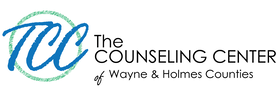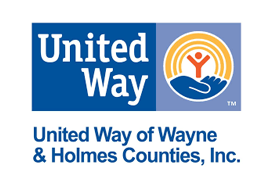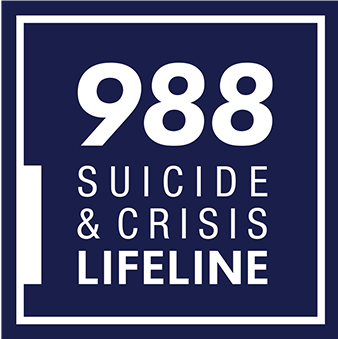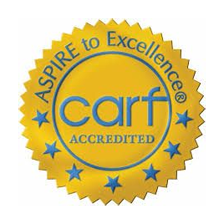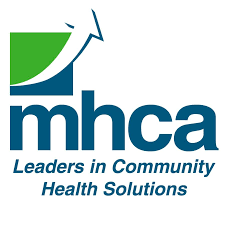The Counseling Center of
Wayne and Holmes Counties
Making a Difference Since 1953
NEED TO TALK?
GET SUPPORT NOW.
Reach out now for support—contact your local Crisis Team or call/text 988 for immediate help and resources.
Crisis Team:
SERVICES AND PROGRAMS
We provide a comprehensive array of mental health treatment services for children and adults. We offer a number of specialized programs designed to prevent mental and emotional problems or to provide ongoing support and assistance to persons with mild to severe mental health issues. Some of our services include:
GET HELP NOW
BECOMING A CLIENT & FAQ
Help is Just a Phone Call Away! Taking the first step toward support is easier than you think. The Counseling Center is here to help, younger children to older adults, and scheduling an intake appointment is simple. Just give us a call during our normal business hours, and one of our specialists will assist you in setting up your appointment.
We’re here to support you every step of the way.
What should I expect at my first appointment?
Our goal is to make you feel comfortable and supported as we begin this process together. Here’s what to expect at your first visit:
You’ll begin by meeting with our Intake Specialist, who will assist with:
- Setting up your patient chart
- Reviewing our fees and payment options
- Collecting insurance information
- We will allow extra time to discuss if you qualify for any special assistance with your fees.
After the initial paperwork is completed, you’ll meet with one of our theraputic providers in a private, supportive session, focused on your personal concerns and goals.
Please plan around an hour and a half to meet with the Intake Specialist and your provider, for your first visit.
We’re here to help guide you through each step and ensure you feel at ease during your visit.
How is my fee determined and what insurances do you take?
The Counseling Center accepts the following insurances:
- Medicaid and Medicaid Managed Care Plans (ie: Aetna, AmeriHealth, Buckeye, CareSource, Humana, Molina, Optum United Healthcare, )
- Medicare
- Most Private Insurance Plans (ie: Aetna, Anthem, Aultcare, Humana, Medical Mutual of Ohio, SummaCare, United Healthcare)
- Worker's Compensation
- Self Pay
For those that live in Wayne or Holmes counties you may qualify for special assistance from the local Mental Health and Recovery Board which can reduce your fees based upon your income and eligibility.
- Fee reductions will be reviewed at your first visit.
What should I bring with me?
At your first visit, please bring the following items:
- Photo ID (ie: Driver's License, Passport)
- Insurance Card (if applicable)
- Proof of Residency (Wayne and Holmes Counties only)
- Proof of Income (Wayne and Holmes Counties only)
- Custody or Guardianship Paperwork (if applicable)
- Medication List
What will the intake provider do?
- Your provider will review the reason for your visit.
- Background information will be collected to help us understand your unique situation.
- Together with your provider, you’ll develop a personalized treatment plan based on your specific needs.
- Your provider may also connect you to one of our specialty programs.
What if I have to cancel or reschedule my appointment?
To cancel or reschedule your appointment, please call our office at 330-264-9029.
- We kindly ask that you provide at least 24 hours’ notice.
What if I have an emergency and can’t wait for my appointment?
Call Crisis 24/7 to speak with a trained crisis professional. We offer mobile response services and can meet individuals in crisis anywhere in Wayne or Holmes Counties.
- Crisis Helpline (Call/Text): 988
- Crisis Team Direct Phone: 330-845-HELP (4537)
What if I have other questions or problems?
If you have any questions about our services or concerns, please don’t hesitate to reach out.
- Contact our office at 330-264-9029 and our Receptionist will connect you with the appropriate team member.
